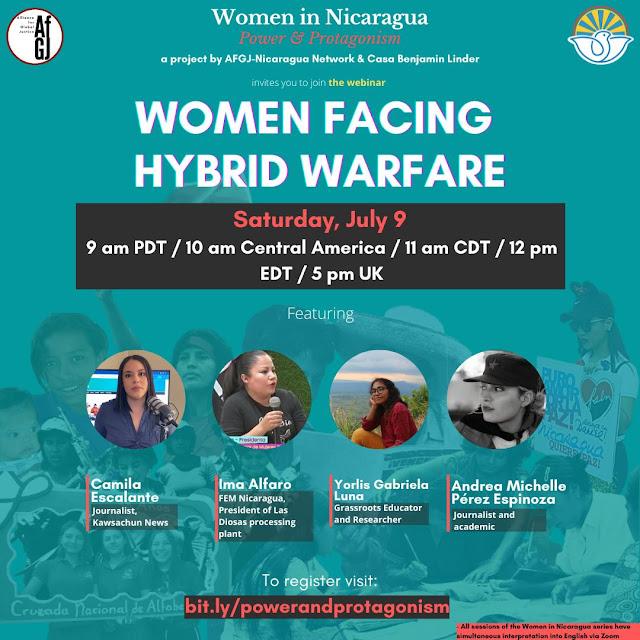Recently, there has been a lot of talk about call outs, the internal culture of progressive movements, and how we can build a movement big enough to take on the threats we face. SURJ has spent the last 12 years practicing one of our central values of calling white people in, not out, and adrienne maree brown has been at the forefront of helping movement communities orient around abolitionist values of care and belonging. This moment is ripe for exploring these connections. Join SURJ in conversation with author and facilitator Adrienne Maree Brown to explore why we need collective practices of calling in and how we can build a spiritually and emotionally well-resourced culture for white organizers.
- Home
- About Us
- Issues
- Countries
- Rapid Response Network
- Young Adults
- Get Involved
- Calendar
- Donate
- Blog

